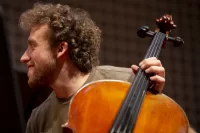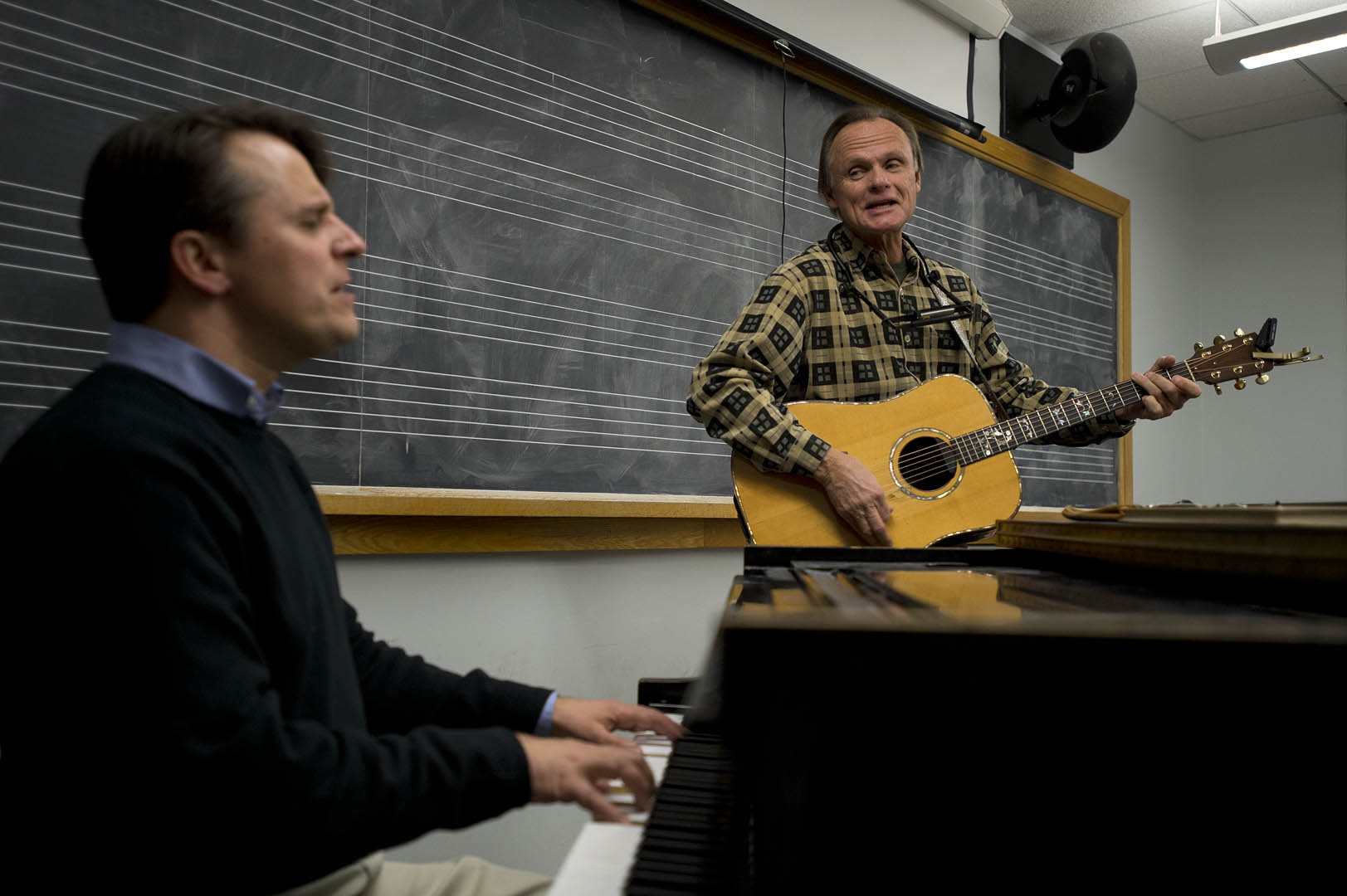
Sixth annual 'Vagina Monologues' benefits women's advocacy efforts
Elizabeth Brady, a junior from Pembroke, Mass., directs the sixth annual Bates College production of Eve Ensler’s The Vagina Monologues in performances at 7 p.m. Friday and Saturday, Feb. 10 and 11, in the Olin Arts Center Concert Hall, 75 Russell St.
The production is sponsored by the Robinson Players, a student theater group at Bates. Admission is $3, with proceeds supporting both the Auburn-based Abused Women’s Advocacy Project and V-Day, an international effort to end violence against women and girls. For more information, please call 207-786-6135.
Ensler based The Vagina Monologues on interviews that she conducted with more than 200 women about their sexuality, their bodies and their stories of violence and sexual abuse. The result is a collection of women’s stories that are personal yet universal, comic and poignant, brazen and mysterious.
Premiered 10 years ago, the play has enlightened, shocked and entertained audiences all over the world. In 1998, Ensler founded the organization V-Day as a means to parlay the play’s success into an effective force for social and political change. (For more information, see the V-Day Web site.)
Bates is one of some 550 colleges and universities in 45 countries to take part in V-Day performances of The Vagina Monologues during February and March 2006. “We’re all really excited about its message,” says Brady, a chemistry major who is making her directorial debut with this production.
“While there are funny skits, there are also serious skits, and even the funny skits have a point to them about women having a choice and not being silent. We all really stand behind that.”
Since its Obie-winning premiere, Ensler’s play has been performed to broad acclaim worldwide. Productions have featured such top actors as Glenn Close, Cate Blanchett, Susan Sarandon, Marisa Tomei, Rosie Perez, Lily Tomlin, Kate Winslett, Melanie Griffith and Calista Flockhart.
At Bates, Brady performed in the Robinson Players production in 2004 and 2005. “I’ve always been a women’s rights advocate, so I’m really excited about it and happy to be involved with it,” she says.
“We have a great cast this year. They are probably one of the most enthusiastic casts I have ever worked with.”
As director, “I want to put a different kind of energy into it,” Brady says. “We are bound by contract that we can’t actually change any of the monologues, so I want to put a new spin on presenting them — a little bit more in-your-face, a little bit more eye-pleasing, a little bit more action.”
For instance, she’s considering more props, flashier costumes and the concept of having some of the players act out what the narrator is saying. “Just to keep the audience engaged and emphasize the points a little bit, and maybe get a little laugh out of the audience — because it does get very serious at times,” she says.
Brady wishes that Ensler’s play dealt more directly with issues specific to women in college — peer pressure about sex, for instance. But she’s not about to sit down and write a letter taking the playwright — who’s touring this winter with a new play, The Good Body — to task. “The show is so popular and it obviously has lasted such a long time and gets so much attention that I don’t think I could critique her,” Brady says.
Last year, Brady adds, “we sold out both nights. I’m still hearing congratulatory things from everybody. Everyone remembers you when you are in The Vagina Monologues.”




